The Psychological and Social Implications of Wearing a Beard

Beards have been a symbol of masculinity, wisdom, and power throughout history. From ancient philosophers to modern-day celebrities, facial hair has played a significant role in shaping perceptions and influencing social dynamics. Beyond aesthetics, growing a beard brings numerous psychological and social benefits to both the wearer and those around them. Let’s explore the fascinating ways in which beards positively impact identity, social perception, and self-esteem.
Beards and Masculinity
One of the most common associations with beards is masculinity. Across cultures, facial hair has long been linked to strength, maturity, and confidence. Psychological studies suggest that men with beards are often perceived as more authoritative and capable leaders. This perception may be rooted in evolutionary biology, where facial hair was seen as a sign of wisdom and reliability.
A well-groomed beard enhances one’s appearance and conveys self-discipline and individuality. It serves as a mark of sophistication and personal style, allowing individuals to embrace their identity with pride.
Social Perception: Trust, Attractiveness, and Authority
Beards positively influence how a person is perceived in social and professional settings. Research has found that:
-
Bearded men are perceived as more mature – Facial hair conveys experience and wisdom, often leading to greater credibility in leadership roles.
-
Beards enhance attractiveness – Many individuals find beards appealing as they signal confidence and self-assuredness.
-
Beards exude authority and reliability – A well-maintained beard enhances a professional image, making a strong impression in social and business environments.
The Psychological Impact on the Wearer
For many men, growing a beard is a deeply empowering choice that significantly enhances their self-esteem and confidence. Facial hair allows individuals to express their uniqueness and embrace their personal style. Some key psychological benefits of having a beard include:
-
Increased confidence – Many men report feeling more self-assured and masculine when they grow a beard.
-
A sense of belonging – Beards can be a social connector, especially within groups that celebrate facial hair, such as hipsters, bikers, or cultural communities.
-
A distinctive identity – Beards help shape a unique personal image, allowing individuals to stand out with a distinguished and refined look.
Beards in Professional and Social Contexts
Beards are increasingly accepted in professional environments and are often associated with wisdom and leadership. In creative fields, beards are seen as a mark of individuality and artistic expression. In more traditional industries, well-maintained beards exude professionalism and confidence, helping individuals establish strong connections.
Beyond the workplace, beards positively influence social interactions, particularly in dating. Studies suggest that facial hair enhances perceptions of dependability and maturity, making bearded individuals more appealing and charismatic.
Final Thoughts
Beards are more than just facial hair—they are powerful symbols of confidence, identity, and social influence. Whether grown as a statement of masculinity, a fashion choice, or a personal preference, beards enrich self-perception and enhance positive social interactions. Ultimately, the decision to grow a beard should be embraced with pride, as it reflects both individuality and strength.
So, whether you’re rocking a full beard, a stylish stubble, or considering growing one, understanding the psychological and social benefits can help you make the most of your facial hair journey!
